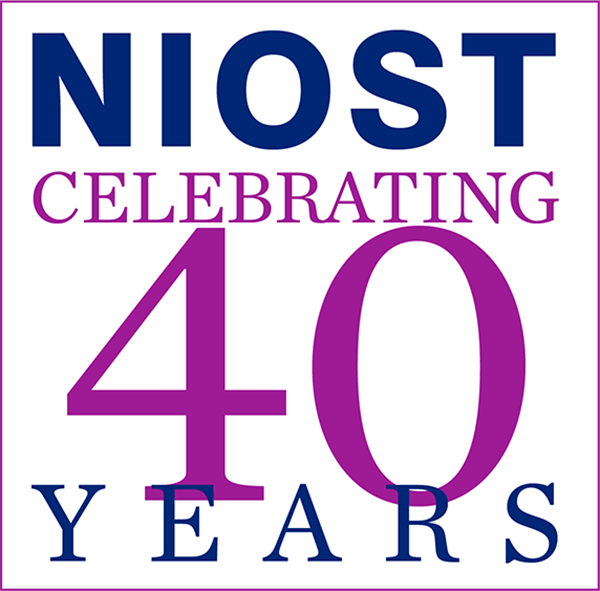Supporting Families During the Pandemic: Lessons from MA 21CCLC Programs
September 1, 2021
When the COVID-19 pandemic began to spread across the U.S. in March 2020, many schools were forced to close their doors to protect public health. Teachers were quickly learning to lead remote classrooms, and parents were struggling to balance their children’s virtual learning with their own professional responsibilities. During this difficult transition, many youth-serving programs found inventive ways to support their communities. In Massachusetts, 21CCLCs stepped up in a huge way, and there is a lot we can learn from them.
What are 21CCLCs?
The Nita M. Lowey 21st Century Community Learning Center programs (21CCLCs) are out-of-school time programs funded by the U.S. Department of Education. They typically supplement school-day learning by offering academic enrichment and support opportunities and family services, particularly for students attending high-poverty and low-performing schools.
In Massachusetts, there are 140 21CCLC sites serving more than 16,000 students in a variety of public school settings, from urban schools to rural regional schools. Massachusetts 21CCLCs provide well-rounded, interactive, relevant, and engaging teaching and learning that meets the specific academic, social and emotional learning (SEL), and developmental needs of students.
NIOST has partnered with the Massachusetts Department of Elementary and Secondary Education (MADESE) for over a decade, developing research-based assessment tools and analyzing outcome data as part of its 21CCLC continuous quality improvement initiative. Through this partnership, we were able to explore data from programs, which allowed us to see how MA 21CCLCs responded to the pandemic.
How MA 21CCLCs Stepped Up
As the pandemic forced businesses to temporarily close and schools quickly transitioned to distance learning, many out-of-school time programs, including MA 21CCLCs, were forced to rethink their program delivery and content focus. The daily lives of youth were upended. During this stressful time, MA 21CCLCs maintained their focus on student success and wellbeing, while responding to the immediate needs of students and families.
Of the MA 21CCLCs that were able to remain open during the pandemic, the majority offered remote learning and activities for students as well as family engagement and support such as food assistance and community-based support. A majority also offered home learning kits and resources.
Increased Focus on SEL
In a more typical year, out-of-school time programs, including 21CCLCs, are in a unique position to offer social and emotional learning (SEL) skill development along with academic support. During the pandemic, MA 21CCLCs continued to focus on SEL support, which is essential during this challenging time.
“At a time when daily routines have been upended and the future is uncertain, there is nothing more important than making sure our kids feel safe and cared for,” said Kamilah Drummond-Forrester, an expert in SEL and former director of Open Circle, a legacy program of the Wellesley Centers for Women, regarding the importance of addressing SEL for educators and youth at this particular moment.
To support SEL during the pandemic, most MA 21CCLCs emphasized relationships, self-regulation, critical thinking, and engagement in learning—building blocks that lay the foundation for competence and skill-building.
Lessons Learned
The way MA 21CCLCs pivoted during the pandemic shows us how youth-serving programs can quickly respond to the changing needs of their communities. MA 21CCLCs identified and addressed new areas of need by incorporating food assistance and remote learning support into their program offerings. They also doubled down on their commitment to healthy development for youth by retaining their focus on SEL. The pandemic disrupted much of our current mode of operation, but 21CCLCs rose to the occasion—expanding and deepening their support for youth, their families, and their communities.
By the Numbers
Take a closer look at the services provided by MA 21CCLCs from March to June 2020 in the infographic below.




